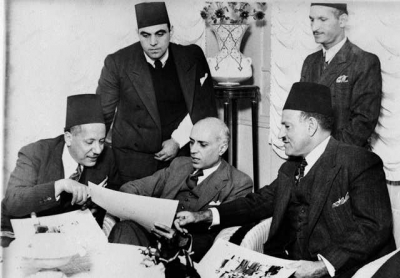
The Second World War saw the decline of the British Empire and the rise of the power blocs of U.S.A. and U.S.S.R. Although Nehru had socialist leanings, he believed that the use of power or coercion to rule was unacceptable in a democracy.
At the same time the great depression of the 1930s convinced him that steady economic progress was not possible under capitalism. He chose the middle path in economic policy as well as foreign policy.
Nehru’s interest in international relations started much before India’s independence. In 1927 Nehru took an active part in formulating the foreign policy of the Congress that was in effect its first foreign policy statement. It contained a declaration that India should not participate in any Imperialist war.
This political distancing from warring factions continued throughout Nehru’s office. After independence, Nehru pioneered the Non-Aligned Movement which advocated neutrality in international relations. However, neutrality did not mean apathy and Nehru consistently spoke up for marginalized and subjugated populations around the world.
He was hailed by many for working to defuse global tensions and the threat of nuclear weapons. However, his neutrality was criticized when he refused to condemn the Soviet invasion of Hungary in 1956. Relations between India and the U.S. never took off as the latter suspected Nehru of tacitly supporting the Soviet Union.
Picture Credit : Google




